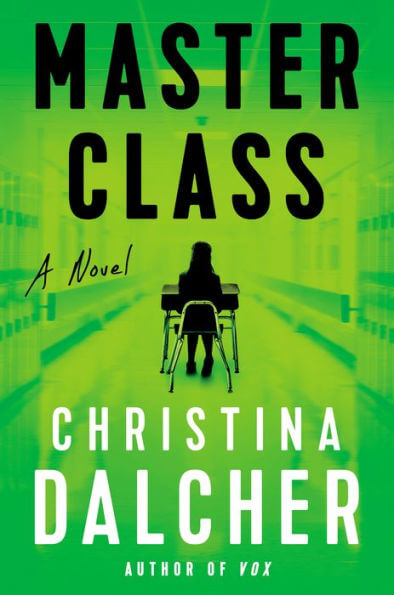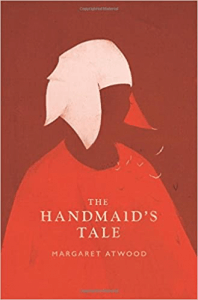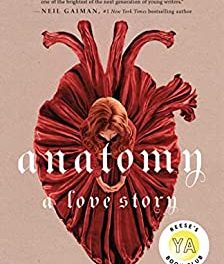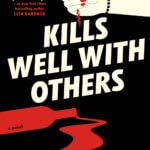Master Class takes a dark look at how a near-future America slides into totalitarianism and eugenics. The system relies completely on a system of Q scores which encompass each person’s intelligence, economic status, etc. The higher one’s Q score, the more privileges are available: from better schools to special lines in the school cafeteria to special lines in the grocery store. The system was largely designed by a man named Malcolm Fairchild. Unfortunately, the protagonist Elena is married to him. At one point, in high school, she was completely in step with his beliefs. Her devotion to him and his system begin to fail when she gets pregnant and refuses to do the prenatal testing that would determine her fetus’s first Q score. If it’s not high enough, Malcolm will insist she abort the fetus. Elena fakes the test results, and they have a daughter, Frederika (Freddie) who is possibly on the Asperger’s spectrum. When nine-year-old Freddie fails her standardized testing for the month, she is taken from her parents and sent to a farm in distant Kansas, never to return. Even teachers face monthly testing, and they can be assigned to teach in sub-standard schools if they fail their tests. The book is essentially Elena’s struggle to save her daughter while revealing the horrors the Q system has wrought, including mass killings of those considered unfit and mass sterilization of people deemed inappropriate to be allowed to procreate. The inventors of the Q scores never learned what the quote from William Bruce Cameron that Albert Einstein hung in his office: “Not everything that counts can be counted, and not everything that’s counted truly counts.”
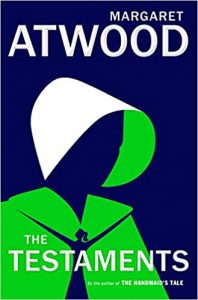
Master Class has the potential to become a rallying cry those who desire a change from the Trump administration (many of whom promote ideas espoused in this book). Now that forced sterilizations of detained immigrants are coming to the forefront in the news, it’s definitely time to take a look at American politics and American values. I was somewhat concerned about discussing this book alongside the current political situation but decided Dalcher wouldn’t have written such a powerful book if she didn’t share current concerns about the Trump administration.
This is a disturbing, thought-provoking look at a near-future America at its worst. A world concerned only with the bottom line in education and the aggrandizement of the elite, a world which has deconstructed all the efforts to promote diversity in schools and education for all. There is no quality of life for those with low Q scores. I read it in one night, then stayed up all night thinking about it. Like Margaret Atwood’s dystopian novels, The Handmaid’s Tale and The Testaments, Master Class will change your views on education, power, and politics.
********************
Master Class is available through:
********************
This post contains Amazon Affiliate links.
